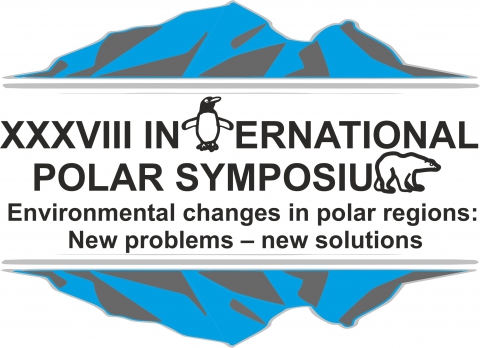As an area of emphasis for Iceland, gender equality was included as one of the priority issues of its Arctic Council Chairmanship program in 2019-2021. Gender Equality in the Arctic (GEA), dating back to 2013, is an international collaborative project intended to raise visibility and understanding of diverse gender topics in the region. A major component of Gender Equality in the Arctic Phase III (GEAIII), launched in 2019, has been the development of a pan-Arctic report to identify priorities and concrete strategies to increase diversity and gender balance in policy- and decision-making processes.
Please join us for the virtual launch event on the Pan-Arctic Report on Gender Equality in the Arctic, hosted by the Wilson Center’s Polar Institute with the Ministry for Foreign Affairs, Iceland, the Icelandic Arctic Council Chairmanship, the Icelandic Arctic Cooperation Network, the Stefansson Arctic Institute, the Directorate of Equality in Iceland, and the Institute of Arctic Studies at Dartmouth. The report provides an overview of gender-related issues in the Arctic, including Law & Governance; Security; Gender and Environment; Migration and Mobility; Indigeneity, Gender, Violence, and Reconciliation; and Empowerment and Fate Control.
Introductory Remarks & Moderator
Michael Sfraga
Director, Polar Institute // Director, Global Risk and Resilience Program
Embla Eir Oddsdóttir
Director, Icelandic Arctic Cooperation Network (IACN)
Speakers
Marya Rozanova-Smith
Associate Professor, Admiral Makarov State Maritime Academy and Head of the Center for Civil, Social, Scientific, and Cultural Initiatives
Andrey Petrov
ARCTICenter Director and Associate Professor of Geography, University of Northern Iowa
Malgorzata (Gosia) Smieszek
Project coordinator, UiT Arctic University of Norway; Researcher, Arctic Centre, University of Lapland in Finland
Tahnee Lisa Prior
Killam Postdoctoral Fellow, Schulich School of Law, Dalhousie University
Jennifer Spence
Executive Secretary, Sustainable Development Working Group, Arctic Council
Panelists
Hjalti Ómar Ágústsson
Project Manager, Gender Equality in the Arctic Project, Phase III; Special Advisor, Directorate for Equality in Iceland
Juno Berthelsen
Board Member, Youth Advisory Board, Gender Equality in The Arctic
Gunhild Hoogensen Gjörv
Research Professor, The Peace Research Institute of Oslo (PRIO), Oslo, Norway
Tonje Margrete Winsnes Johansen
Adviser, Arctic and Environmental Unit, Saami Council
Friðrik Jónsson
Iceland‘s Senior Arctic Official to the Arctic Council
Bridget Larocque
Policy Advisor and Researcher, Arctic Athabaskan Council
Laurel Katchatag
Administrative Advisor, Norton Sound Health Clinic, Alaska; Arctic Youth Ambassador

